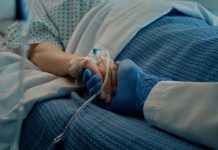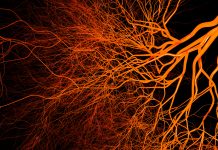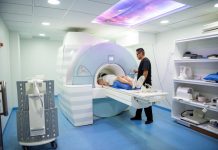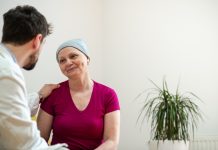Commissioner for Health, Tonio Borg supports Europe’s concerns about cancer and the huge challenges it presents.
Cancer continues to present a huge challenge for patients and their families, for health policy and for health services across the European Union and indeed beyond.
This is a challenge that can only grow bigger as the population grows older and that’s why we need to address it head on. In 2012 alone, 2.6 million European Union citizens were diagnosed with some form of cancer. In the same year, cancer killed close to 1.3 million people in the same European Union.
Given today’s incidence rates, we expect that in the European Union, 1 in 3 men and 1 in 4 women will be affected by cancer before reaching 75 years of age. Cancer is not something that happens only to others. It happens to everybody: our family members, friends, neighbours, colleagues.
This is why cancer is, and must remain, a high priority at all levels. For over 20 years, the European Commission has contributed towards addressing the cancer challenge. Indeed, the Commission is committed to supporting Member States in the field of cancer.
The Commission launched the European Partnership for Action against cancer back in 2009 and a Joint Action with Member States to implement it. The Joint action provides a framework for identifying and sharing information, capacity and expertise in cancer prevention and control.
This coordination of activities at EU level has helped to pool together expertise, avoid duplication of efforts, and further supported Member States in the development of their national cancer strategies. Let me briefly mention three examples which highlight the added value of such joint action:
National Cancer Control Strategies
First, we have agreed that by 2014, all EU Member States will have implemented National Cancer Control Strategies or Plans. This will contribute to our ambitious goal to reduce the incidence of cancer by 15% by 2020, as set in our Communication on action against cancer.
Second, the Commission, in co-operation with the International Agency on Research on Cancer, is supporting Member States in implementing screening programmes by developing guidelines for quality assurance for breast, cervical and colorectal cancer screening.
Third, the Commission is currently working on revising the European Code against Cancer, first adopted in 1987. The code is a set of recommendations which seek to get across to citizens two clear measures:
- Certain cancers may be avoided by adopting healthier lifestyles: and here the code includes, for example, the recommendations not to smoke;
- Cancers may be cured, or the prospects of cure greatly increased if they are detected early.
We are confident to launch the revised Code early 2014 and very much hope that patient and medical organisations will play a key role in promoting it. This is particularly important in reaching out to citizens to help prevent cancer, or at least diagnose it at an early stage.
The results so far at this Joint Action will be presented in an Open Forum to be held in Ljubljana in November 2014.
Looking further ahead, in 2014 the Commission intends to launch a new Joint Action with Member States on Comprehensive Cancer Control. The aims of this new Joint action, which we are currently discussing with the Member States, are to identify key elements and quality standards for cancer control in Europe, and to facilitate co-operation among Member States.
This includes the exchange of best practices as well as defining key elements to ensure optimal cancer care. Let me now focus on breast cancer screening, where we have asked the European Commission’s Joint Research Centre to update the current European screening and quality assurance guidelines.
The new guidelines – scheduled for 2015 – will help Member States develop and modernise their strategies on breast screening and management, in the best interest of millions of women across the EU.
The new guidelines will form the basis of a set of minimum quality standards for breast cancer services and a voluntary assurance scheme, to be underpinned by accreditation.
This voluntary scheme – the first of its kind in the EU – would place the focus firmly on the patient and would cover all aspects of diagnosis and care. Let me add that our Joint Research Centre is in the process of setting up a European Cancer Information System, to bring together cancer registries from across Europe. Once again, this work will be taken forward in close cooperation with all relevant stakeholders.
Harmonised data is key to enable better monitoring of the direct effects and benefits of cancer policy interventions, and to allow accurate comparisons to be made across regional and national boundaries. As such, the system will provide a valuable resource for research on cancer, fostering greater understanding of inequalities and related causes.
Still major work to be done
We have come a long way in fighting cancer. There is much work being undertaken and more work is in the pipeline.
It is important to ensure that all this work is taken forward in a co-ordinated and coherent manner. Our success depends very much on sound investments, on sustainable actions, developed in partnership.
To improve the overall governance of our work on cancer, we are considering the creation of a European Union Experts Group on Cancer Control with Member States’ representatives and stakeholders, including health professionals and patients organisations. Such a group could help to ensure that a sharp focus is kept on priorities that actions are effectively coordinated and duplication of effort is avoided.
Let me conclude by reassuring you that the Commission remains fully committed to cancer control policy. Our goals remain to prevent cancer where we can, and to improve the prospects of cancer patients obtaining appropriate and timely diagnosis, information and care.
Article taken from a speech given at The European Cancer Congress – 30 September 2013
Tonio Borg
Commissioner for Health
European Commission











